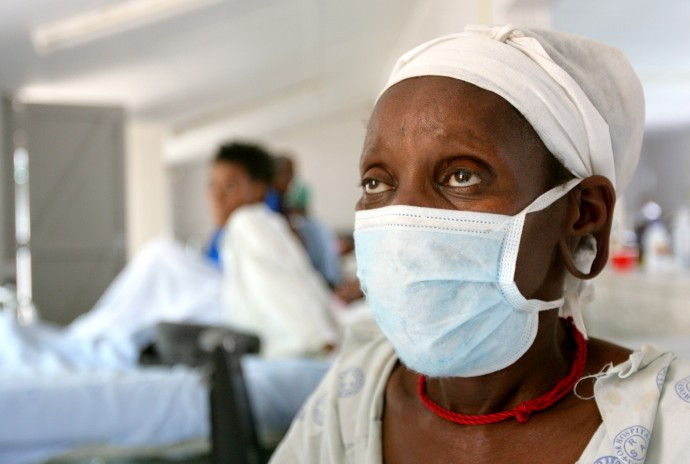Cocktail Drug Promises Cure for Drug-Resistant TB

A new combination of three drugs — two old and one new — has shown good results in curing drug-resistant TB compared to current treatment regimes, scientists said at the International AIDS Conference in Melbourne.
In the study 71% of the people treated had no identifiable TB bacteria in their sputum after two months of therapy. By contrast, only 38% of those given the standard therapy had cleared the bacteria after two months. Most important, patients with drug-resistant TB did just as well as those with regular TB.
The trial was small. It included only 26 people with drug-resistant TB and 181 with regular TB. It lasted only eight weeks.
But the results were promising. They suggest that the experimental therapy could cure tough TB infections in about four to six months.
"The results show PaMZ killed more TB bacteria in patients than standard therapy and did so at a faster rate," the researchers announced in Melbourne. They predicted that their medication could shorten TB therapy to four months and also cut the costs to a fraction of the present ones.
The new treatment is called PaMZ, after the three antibiotics used: moxifloxacin, pyrazinamide and PA-824 (the new experimental drug).
Over the past few decades, tuberculosis has evolved into dangerous forms that can't be stopped with traditional antibiotics. Drug-resistant TB can be cured but the chances of a cure are halved in poor nations and costs are high. It also takes a long time, almost two years during which a patient undergoes extensive chemotherapy, including injections, which can have many side effects.
Multi-drug-resistant tuberculosis does not respond to at least isoniazid and rifampicin, the two most powerful anti-TB drugs. About 450,000 people worldwide develop this form of TB. A third of these patients could be treated with the new drug, the scientists said.
Boon for HIV-infected
HIV patients have to take several drugs every day to keep the virus HIV at bay. When patients get co-infected with TB it means more pills. Problems arise if TB and HIV drugs start to interact with each other. This is a particular problem with the drug rifampicin, which is part of the standard treatment against TB, as it interacts with many of the antiretroviral drugs against HIV.
The new combination drug presents no such problem.
More than eight million people fall ill with TB every year and over a million of them die. "HIV and TB form a lethal combination, each speeding the other's progress," WHO states on its website. "TB is a leading killer of people living with HIV, causing one fifth of all deaths."
© Copyright IBTimes 2025. All rights reserved.





















